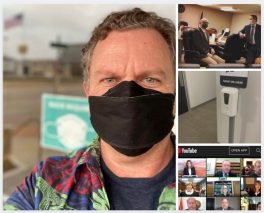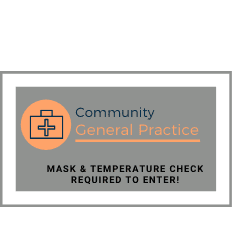Can Employers Require Workers to Get Vaccinated against Covid-19?
Can employers require workers to get vaccinated against Covid-19? It is not simply a Yes or No answer. As of last Friday, the percentage of fully vaccinated US citizens stood at 39.6%, a stark contrast to the 5% of the worldwide population that are fully vaccinated. Despite this remarkable achievement, six out of ten Americans …


